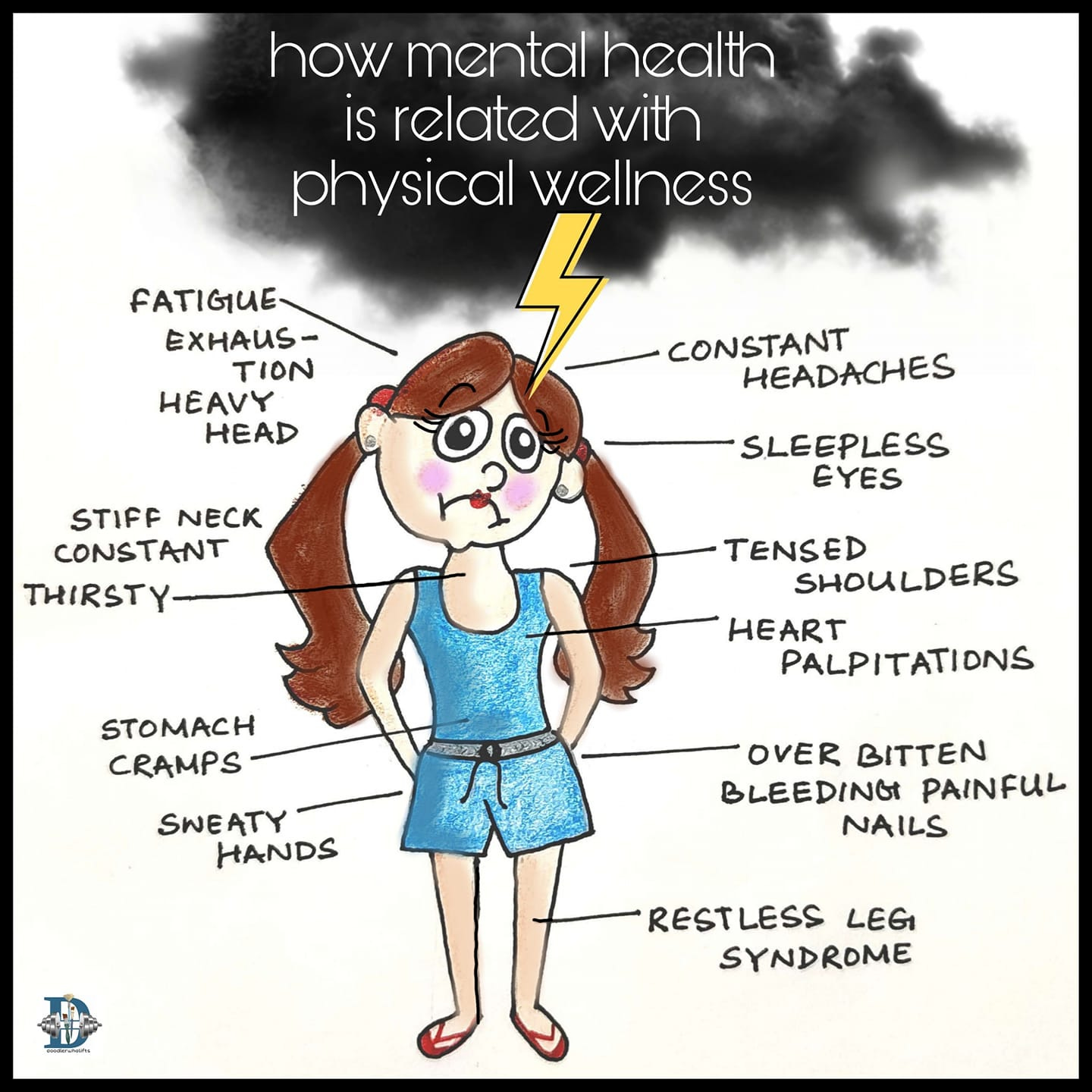

Thomas Brewer, TB Group, joined Steve Bakken and Jason Spiess on Townsquare Media Supertalk 1270AM’s Talk of the Town to discuss mental health and the issues they can have with heavy industry, especially during the holidays.
Brewer shares a personal story about how trauma shaped his mental health and perspective in life.
Brewer also discusses how EAP Crisis onsite response, training and executive coaching have helped many in industry cope with death, depression and other heavy industry challenges.
What is an onsite EAP Crisis Response? (Employee Assistance Program)
An onsite response is where a company seeks out the services of a professional to respond to their employees during a times of crisis. The onsite response times vary depending on each situation.
“We have had responses be as short as two hours of onsite response to as long as eight hours a day including multiply days,” Brewer said.
Here are some reasons you might have an onsite EAP Crisis Response (Please note this is not a complete list.)
- A death of an employee (onsite a job site or off site after-hours)
- Injury – Employee or Customer
- Victim of Crime (Robbery, Active Shooter, etc.)
- Company Restructuring
- Company Downsizing

I have been a police chaplain in the Oklahoma City metro area since 2004. I served as the Chaplain for the largest FOP, Oklahoma City Lodge #123, in the state, and as the Chaplain for the largest police department in the state, Oklahoma City Police Department. I currently serve as the chaplain for Oklahoma Sheriff and Peace Officers Association.
I have used Thomas Brewer on numerous occasions to assist me on crisis, and I’ve sent Thomas out on his own multiple times to assist 1st Responders and civilians after a disaster or crisis.
Thomas has always put the interest of others first, that is why he is so valuable as a resource in a time of crisis.
Thomas has the heart and passion to serve people at the most difficult time in their life, while having a servants heart to care for them. He also has the support of a Christian spouse that understands his role in serving others, and assisting spouses and loved ones in these difficult times.
You have to be where they’re at to serve effectively. Thomas has problem rolling up his sleeves and jumping in to assist anyone in need.
Greg Giltner
Chief of Police, Oklahoma Christian University Police Department
Retired Oklahoma City Police Department Chaplain
Chaplain Oklahoma City FOP Lodge #123

Mental health in the context of industry refers to the psychological well-being of individuals within a workplace setting.
It encompasses emotional, psychological, and social aspects that influence how employees think, feel, and act in their professional environment.
In the workplace, risks to mental health, known as psychosocial risks, may arise from job content, work schedule, and specific characteristics of the work environment.
An integrated approach to workplace mental health involves protecting mental health by reducing work-related risk factors and promoting mental health through the development of positive work environments.
- Productivity and Engagement: Poor mental health in heavy industry can lead to decreased productivity and engagement among employees. Depressed workers are more likely to miss work, resulting in reduced effectiveness and costly mistakes.
- Adverse Effects on Productivity: A manufacturing industry survey revealed that 89% of companies believe employee mental health adversely affects productivity in heavy industry settings.
- Risk Factors in Construction: Mental ill-health is a significant concern in heavy industries like construction, contributing to suicide and disability. The construction sector is particularly affected by mental health issues.
- Psychological Distress Near Industrial Activity: Living near industrial activity can impact mental health due to increased perceptions of social disorder, suggesting that heavy industry’s operations may contribute to psychological distress in nearby populations.
- Global Economic Impact: Mental health conditions in heavy industries can extend beyond individual workers, affecting families, carers, colleagues, communities, and society at large. Depression and anxiety contribute to significant costs in the global economy.
- Risk Factors in Working Environments: Poor working environments in heavy industry, including discrimination, excessive workloads, low job control, and job insecurity, pose a risk to mental health.
Thomas Brewer is an on-site EAP (Employee Assistance Program) Crisis Consultant, public speaker, published author, corporate trainer, and Law Enforcement Chaplain. For over 25 years Thomas has served in several different positions ranging of from the local church ministry, being the Founder and President of ProActive Faith Ministries, Inc. an 501(c)(3) non-profit organization, serving the Law Enforcement community in the areas of chaplaincy and peer support, and speaking to groups locally and nationally.
Thomas has a passion in life is to help individuals, companies, and organizations move from being ordinary to extraordinary. Thomas continues to be a student in life. He desires to learn more each day. He wakes up with the mindset that he will be more informed at the end of the day than he was when he woke up. Thomas is motivated to solve problems and provide skills for individuals and organizations around crisis response.
Thomas and his daughters Alexa and Addy live in Midwest City, Oklahoma.
Click here for a 2018 interview on The Crude Life with Brewer



